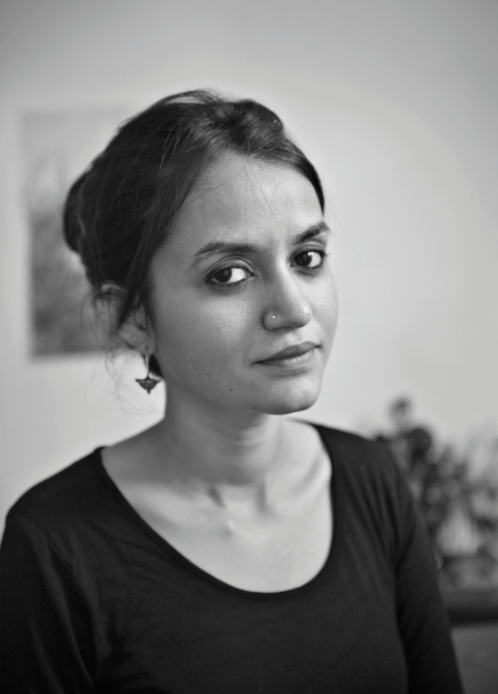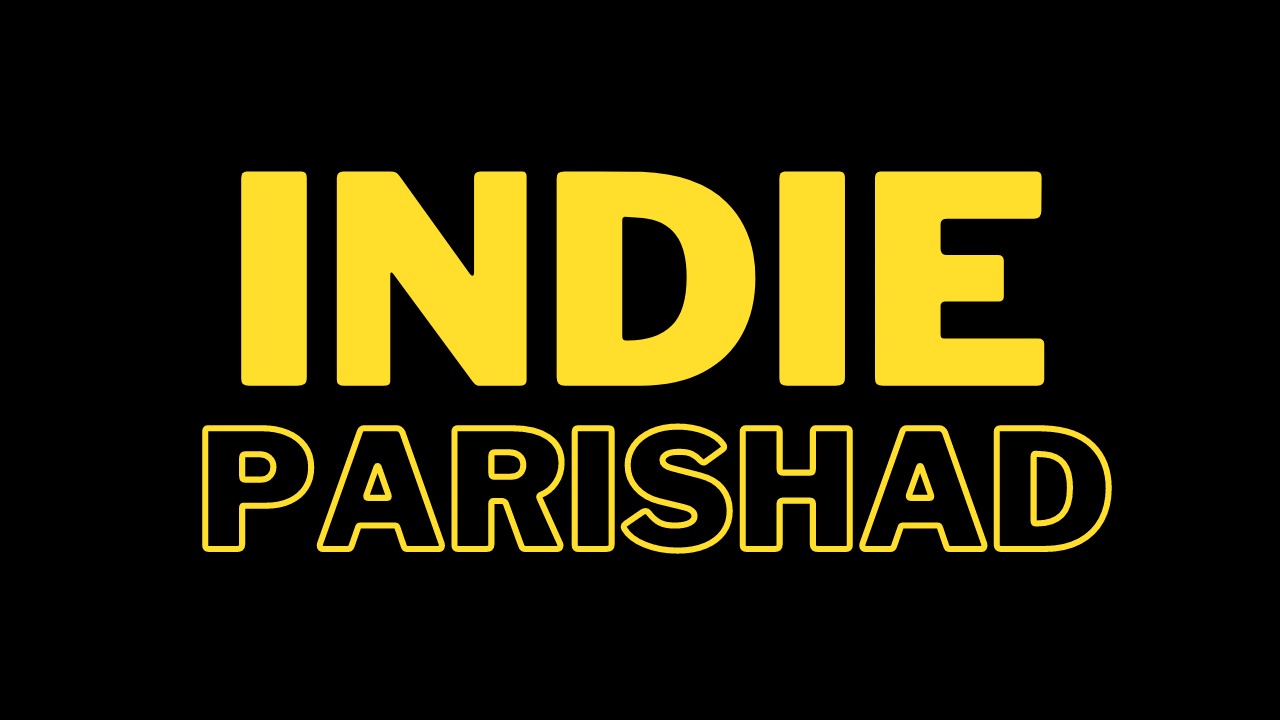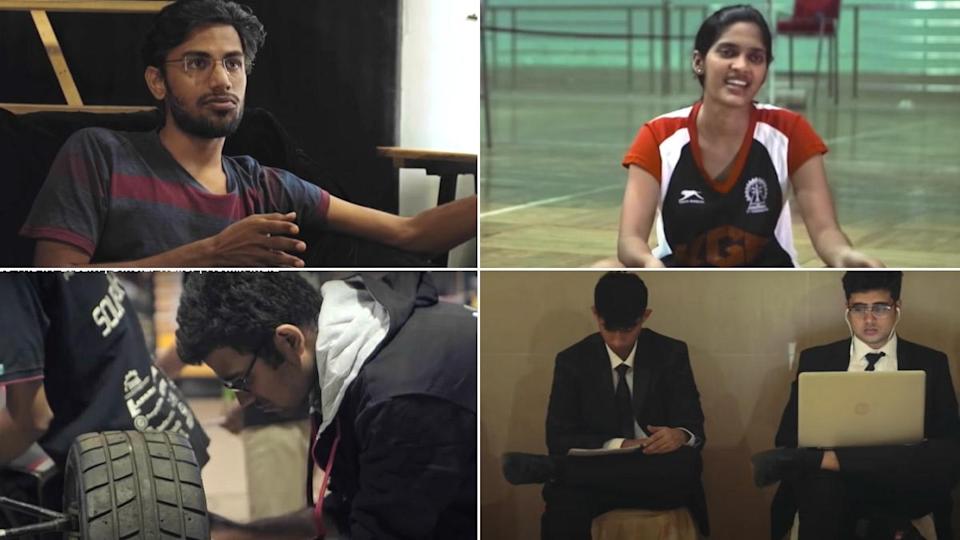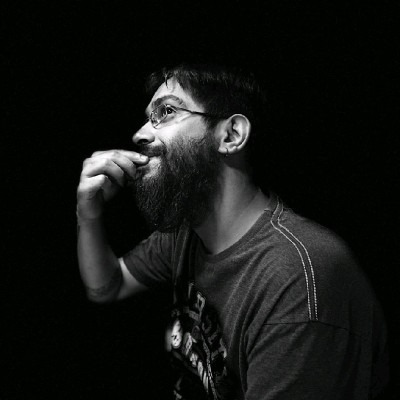By Priya Bhattacharji
London. New York. Florence. The Hague. Los Angeles. Stuttgart.
The sprucing up of Indian Film Festivals in various parts of the world testifies that the upwardly mobile Indian (and Prime Minister) isn’t the only wanderlust-struck entity in the country. The aspirations and ability of Indian independent cinema to travel far and wide only has grown stronger with every subsequent award and nomination.
This November at the world’s largest documentary film festival – IDFA (International Documentary FilmFestival Amsterdam) – Anand Patwardhan’s “Reason” won the Best Feature Length Documentary, and Payal Kapadia’s “And What is the Summer Saying” picked up the Special Jury Prize. The jury report described Kapadia’s 23-minute documentary as “the cinema we hope to see tomorrow, the cinema of the voiceless poets” and the filmmaker “brave enough to transcend the boundaries of genre”.
With her work traveling to the world’s most prestigious festivals – Cannes, Berlinale, Filmadrid – to name a few, this rising star unpacks her ideas of film-making with us:
Tell us about your most recent documentary.
PK: ‘And What is the Summer Saying’ is based in a small Adivasi village in the Western Ghats in Maharashtra. The film looks at the duality of love, which can be both terrifying and exhilarating. I was pleasantly surprised when the film received the ‘Special Jury Award’ at IDFA. I was hoping that a western audience would not find it too alienating. But fortunately, this was not the case. This film is specific to a particular region in India, but also universal in its concern.
What made you choose this particular topic?
I think as filmmakers we have the same preoccupations, no matter what the situation is, and we get drawn to the same themes again and again. In most of my films, themes recur, although the situations and circumstances might differ. I had visited this village in 2016, prompted by a friend. There I met a man who was collecting honey from the forest. I became interested in this act. I wanted to make a film about it. However, while not shooting, I spent many hot afternoons in this village sitting and chatting with the women here. It was through these conversations that the film actually began to form. While the surrounding nature – the hills, the forest – were all so mesmerizing and beautiful, there was a melancholy in the stories of the women. When juxtaposed together, these created a third image of the place that went beyond the sum of these two parts. This ‘third image’ always excites me. It leads to something more lyrical and allows the audience to make their own inferences.
What kind of response has the film elicited?
I remember in one discussion we talked about the importance of ‘understanding’ everything in cinema. I found that interesting. For me, cinema is close to painting or poetry. Both these forms can be ambiguous, but still evoking a feeling that moves you. Perhaps cinema could also be understood in this way. When we get very caught up by the narrative or the ‘message’ in the film, it becomes very author-centric, where the filmmaker is leading you to think in a certain way. I do not want this kind of burden. Yes, of course, there is a clear point of view, but the viewer too should have to arrive at an understanding that is maybe their own.
How would you like to label (or not label) the films you make?
I don’t think cinema needs to be defined into any mold. We have started living in times where, if there is no label to something, we find it hard to understand. Each of these comes with people’s preconceived notions and alienates people. I want to create the kind of cinema that is evocative and still generates a feeling which goes beyond the realm of the film. And then it is up to you about what you might need to call it. Personally, I think I make ‘narrative’ films.
Do you think your kind of narrative films can work for larger Indian audiences?
I think most people are quite capable of watching films with ambiguous narratives; the spoon-feeding comes from conditioning rather than capability. For example, with my film, Afternoon Clouds, I noticed that the really skeptical people might have criticized it at first, but have gone home and later emailed me about it.
I liked very much something that Abbas Kiarostami said: “I absolutely don’t like the films in which the filmmakers take their viewer’s hostage and provoke them. I prefer the films that put their audience to sleep in the theater…some films have made me doze off in the theater, but the same films have made me stay up at night, wake up thinking about them in the morning, and keep on thinking about them for weeks. Those are the kind of films I like.”
But yes, this is a problem, and I do not entirely blame audiences for it. Producers and distributors tend to play safe by thinking that this is what the audience wants or is capable of. Then it becomes a vicious cycle. We need producers who are willing to take chances rather than spoon-feed the audience. I was happy to see films like Chauthi Koot, Court, Labour of Love get distributed in India, although at a small level. There is so much money in Indian cinema. It would be great if some of it could go into producing films that have non-mainstream narratives, and also in creating spaces where these films can be seen. NFDC and the Indian film festivals were initially made for this purpose. But we really need it on a much larger scale, from private entities as well.
In recent times, a lot of Indian independent shorts and features have made their presence felt overseas and the national media has been pushed to write about it. It happened when you made it to the Cannes but the coverage was initially focussed on the red carpet. Does what the media write about your work really matter to you?
It does help to have media write about your work because I don’t have a sales agent or PR agent to do any of these things. If the media talk about it, maybe it would help a few more people feel interested in it. But I do think my films have had their fair share of coverage, so I am not complaining! Having said that, there are many other films that really need to be written about. We do not have enough journals that critically look at contemporary Indian cinema. We need to expect it first from our own community before we expect it from the media.
At the IDFA, the other India winner was Anand Patwardhan, a veteran voice and India’s most remarkable documentary filmmaker. Did you get to exchange notes?
I don’t think I am in any position to exchange notes with Anand Patwardhan! I remember watching Ram Ke Naam when I was 6 or 7 years old and ever since then his films have been very important to me. We were all very moved when he won the award because ‘Reason’ is a film that will touch everyone involved in the current political scenario. It also talks about our struggle in FTII and the reasons behind our strike.
How do you think the very form of the documentary has evolved? There is this whole talk of the “golden age of documentaries” – what is your take on it?
I think this answer would make for a complete thesis paper. I find non-fiction quite exciting because it has a lot of possibilities. A lot of fiction filmmakers whose work I admire have brought in a hybrid form of fiction and non-fiction melding quite effortlessly into each other, like Miguel Gomes, Apichatpong Weerasethakul or Jose Luis Guerin. What is exciting about contemporary non-fiction is that people are thinking a lot about the formalistic aspect rather than just covering a topic or trying to have some message. I see this in India too with many filmmakers, both fiction and non-fiction, experimenting with these ideas, and therefore allowing the cinematic form to become important.
I understand you switched careers from advertising to film-making?
I decided to work in advertising to earn a little bit of money when I could then focus my free time on my own practice. Later, I moved on to assisting video artists. After working for a few years and also working independently, I decided I could go to film school and FTII was my first option. I think it is one of the only schools in India that really lets you experiment and also engage rigorously with cinema. I met co-students from various different parts of the country, who had their own views on cinema. Discussions with them about poetry, literature, art – all of this has contributed to how I have learned to understand the world around me.
Your films have been regulars at the European film circuit. How have those experiences and exchanges shaped your worldview?
In all film festivals, one gets to see rare films that will not be easily available; they probably won’t find distribution in India, neither will they find their way online. Discovering new films and filmmakers is what is really exciting. Every festival has a different sense of curation and programming, so one gets to see a range of films in spite of the same film traveling to different festivals. Meeting other filmmakers is also exciting because it makes you realize that most people are struggling hard to figure out what is their preoccupation, and they perhaps make films to answer this question again and again.
This is a good feeling, that no matter where you are from, the vulnerability is the same. But what is interesting to see is that European filmmakers are getting a lot of support from their own governments and local producers who really work hard to support their filmmakers. I wish that happens in India soon.
There is something that is happening in India, sooner than we expected – the #Metoo movement.
It is really great that so many women have spoken up. There is a deeply seeded patriarchy in all of us, both male and female, and this has really helped us question our roots. For me, it has been quite an eye opener and I am very thankful to the courageous women who have dared to speak out. Having said that, I still think we come from a position of privilege. Till this discussion doesn’t spread to women of all social strata, we are never going to see a true change in the system. Of course, this is a start, but there is still a long, long way to go.
What next? A feature on the cards?
Yes! I am currently working on a fiction feature film. I recently did a writing residency in Rome where I worked with a mentor to arrive at this script. It is a film about two nurses living together in Mumbai and a road trip they decide to take. Let’s hope I can make it soon.









Leave A Comment
You must be logged in to post a comment.